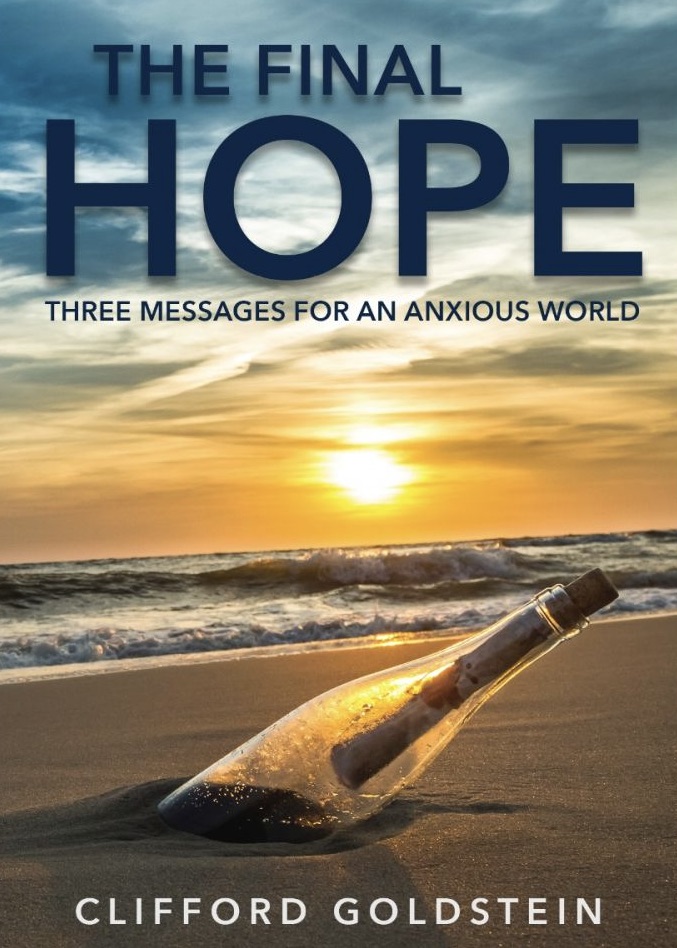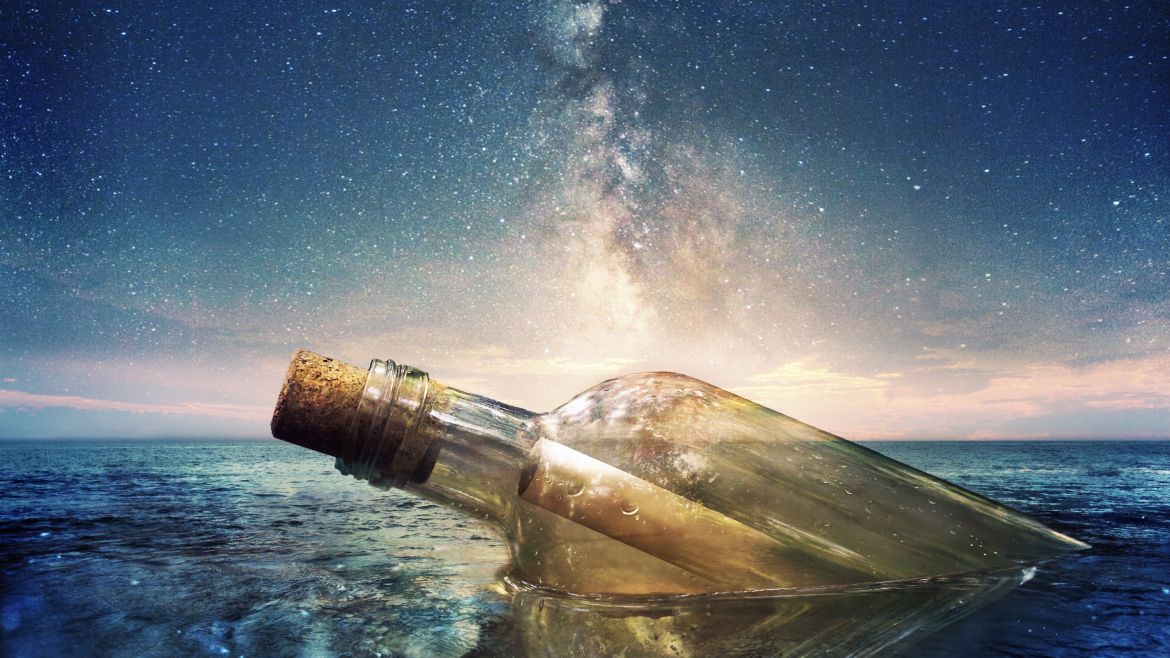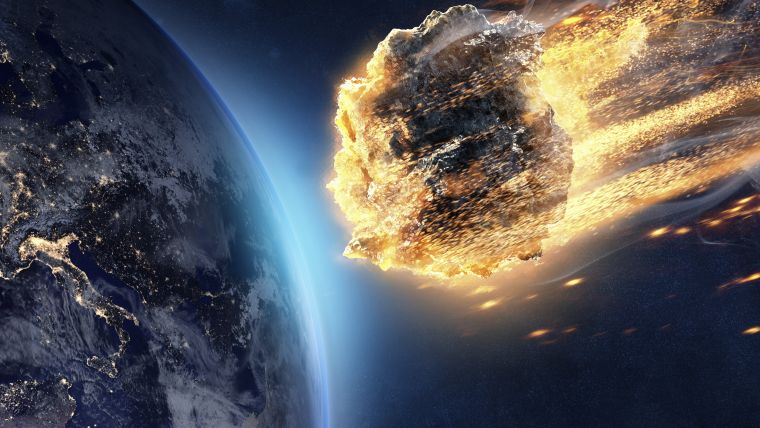For years Hollywood has cranked out film after film about the end of the world, or at least the end of the world as we now know it. Armageddon (1998), Zombieland (2009), Mad Max: Fury Road (2015), This Is the End (2013), Greenland (2020), just to name a few, depict a pretty sorry future for us all. And suddenly, with COVID-19 (including variants, such as B.1.1.7 or B.1.351 and counting) Hollywood’s science fiction end-of-the-world stuff seems a little too close to home for comfort.
Science fiction aside, real science presents a future that is, to put it mildly, rather bleak as well. Sooner or later the universe, scientists say—not just the earth, but the universe!—is going to end. How?
Depending upon the numbers that these scientists stick in their physics equations, some theorize that the universe might tear itself apart (the Big Rip). Others, using different numbers, predict that it might collapse in on itself (the Big Crunch). The most popular scenario is that it might burn out (the Big Freeze): “The universe,” wrote Paul Davies, “currently aglow with the prolific energy of nuclear power, will eventually exhaust this valuable resource. The era of light will be forever over.” (Paul Davies, The Last Three Minutes)
Big Crunch, Big Rip, Big Freeze—long-term, things don’t look very hopeful for this world, do they?
Interestingly enough, the Bible depicts the end of this world as well, just quite differently than either Hollywood or science do. A few biblical excerpts about our long-term prospects:
- “For behold, I create new heavens and a new earth; and the former shall not be remembered or come to mind” (Isaiah 65:17).
- “Nevertheless we, according to His promise, look for new heavens and a new earth in which righteousness dwells” (2 Peter 3:13).
- “Now I saw a new heaven and a new earth, for the first heaven and the first earth had passed away. Also, there was no more sea. Then I, John, saw the holy city, New Jerusalem, coming down out of heaven from God, prepared as a bride adorned for her husband” (Revelation 21:1, 2).
- Or this, one of the most hopeful: “And God will wipe away every tear from their eyes; there shall be no more death, nor sorrow, nor crying. There shall be no more pain, for the former things have passed away” (verse 4).
Not quite the Big Freeze or the Big Crunch, is it? Nor the future depicted in Zombieland, either.
Yes, both science and biblical revelation agree: our world as it is will not remain this way forever. Everything will change.
But what about us and our loved ones? Is the end of the world the ultimate end of us all as well? The Big Rip, the Big Freeze—none of these options offer us any long-term hope, do they?
No. They offer us nothing but the prospect that we and our loved ones—and, in fact, every person who has ever lived or will live—will vanish into eternal oblivion. The obvious conclusion of all is that we, ultimately, mean nothing, and that our lives mean nothing, and that we are of no more significance than a cloud of cosmic dust. “Must I again declare to you the supreme vacuity of culture, of science, of art, of good, of truth, of beauty, of justice,” wrote Spain’s Miguel de Unamuno, “. . . of all these beautiful conceptions, if at the last, in four days or in four million of centuries—it matters not which—no human consciousness shall exist to appropriate this civilization, this science, art, good, truth, beauty, justice, and all the rest?” (Miguel de Unamuno, Tragic Sense of Life)
The Bible, in contrast, presents the promise of a radically different future for the world and, most important, for us: a new heaven and a new earth. However, this promise of a new heaven and a new earth leads to the logical question: What happened to the old heavens and the old earth? What happens to them, and to us—we who live under and on them? The answer is full of hope and promise. They, the old heavens, the old earth, are going to be swept away, replaced by a new heaven and a new earth, which will be inhabited by people for eternity in an existence without sin, suffering, sickness, and death. A concept hard to imagine for beings like us, who have known only sin, suffering, sickness, and death.
However, Scripture says that before all this happens, a terrible crisis will be unleashed upon the world—a crisis that will make some of these Hollywood end-of-the-world flicks look tame. The Old Testament prophet Daniel warned: “And there shall be a time of trouble, such as never was since there was a nation, even to that time” (Daniel 12:1).
And who, since the COVID-19 outbreak, doubts that the whole world can, overnight, face a crisis? And who doesn’t sense that this COVID crisis might be only the beginning of woes, and that something worse could await us?
Interested to continue reading? The excerpt above is taken from the introduction of The Final Hope – Three Messages for an Anxious World, a free resource offered to you by ADC.
Author of more than 20 books, Clifford Goldstein, has had a long and distinguished writing career. He has served as editor of Liberty magazine and Shabbat Shalom magazine. Clifford, born in Albany, New York, was raised as a secular Jew but converted to Christianity in 1980. He has a passion for writing and studying, and is a lover of philosophy.





